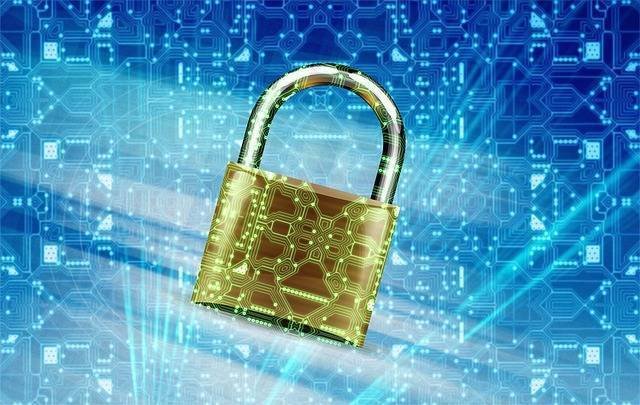Without the Internet, the modern world is known to be inaccessible. We each enjoy the benefits of the Internet in some way. As you read this post, you are also covered by the Internet. How many sites we visit each day, how much content is seen. And in this way, miscreants have caused various types of damage to the internet users by various means. Some people are removing important files, stealing credit card information, handling money with false information, cheating on knowing passwords, how much more! Today's post with some tips to stay safe from these issues. Let's start.
Be careful about downloading
While browsing the various sites on the Internet, you will see a lot of offers for smart advertisements. Think twice before clicking them. Be careful about downloading from any site other than a known and trusted site. Malware / Virus is spread by talking about cracks, keygenes, etc. on different sites. Best if you do not download from anywhere other than reliable sites. And you can use any antivirus software (such as Windows Defender) to scan downloaded files.
Use Password Manager
Many people use the same password for multiple sites due to the need to remember the password. But that's not right. Because, if your password is inconvenient then all your online accounts will be at risk. Use a password manager to avoid having trouble remembering your password. There are many built-in password managers in browsers such as Google Chrome, Firefox, Microsoft Edge etc. They can be accessed on multiple devices by synchronizing online. So you can use these services if you want. And of course, use the hard password and keep it in safe place. Two popular password manager apps are called LostPass and OnePassword.
Notice the browser's address bar
There are many attackers, who create fake sites to look like popular sites and ask people to login with them. The visitors then failed to log in with the username password. Before leaving this problem online, please let us know if you are on a web site. In this case, a password manager app will be a great help. Because, the password you saved for a site does not automatically suggest on another site. So when your passwords do not automatically show the password on the login page of the saved site, check the address bar to make sure that you are actually on a site. It is very important to have HTTPS in green color at the beginning of the address. Because the third party hackers can detect your confidential information (passwords, debit card information, etc.) by hacking the Internet connection while browsing HTTP (S) sites at the beginning.
Turn on Two-Step Verification in Online Account
In the two-step verification method, many websites are sure to identify their identity in a second way without the username and password of their users. If you use it, you will need to enter another PIN code every time you sign in to your desired service (for example, Gmail), even after the user-password input is entered. This code comes via mobile SMS. These are also called security codes, which are sent from the server every time. While using the username-password, at the same time your mobile phone is less likely to be hacked. This way your account can also be protected from hacking.
Use trusted Internet browsers
Today, the trusted Internet browser, Google Chrome, Microsoft Edge, Mozilla Firefox are considered the most. Opera browser is also good. But there is doubt about the UC Browser's loyalty. Users have been accused of cheating with UC Browser. Even the UC Browser was deleted once the Google Play Store. Various advertisements and clickbeta news / video content are shown in UC Browser, which many do not like. So use the browser to understand.
Beware of using WiFi
Nowadays, free WiFi is available in different places. Use caution when using these WiFi hotspots. Here's a way to stay safe while using WiFi.
